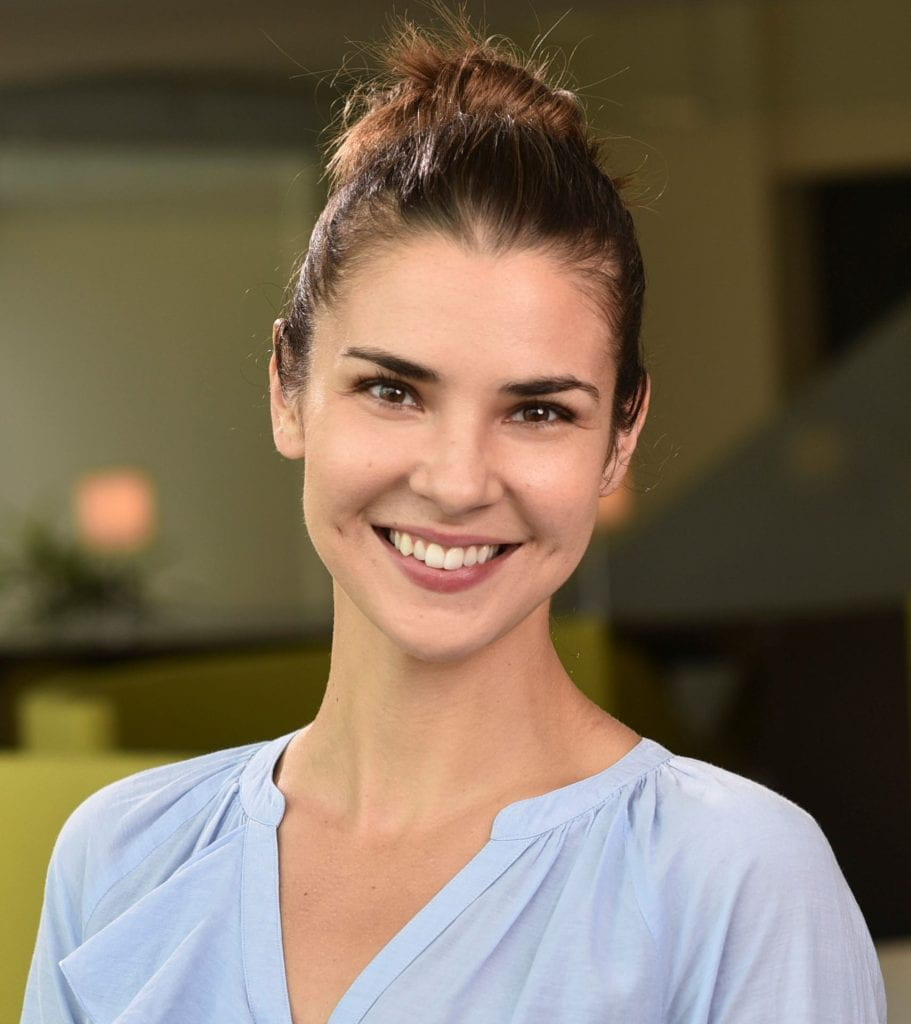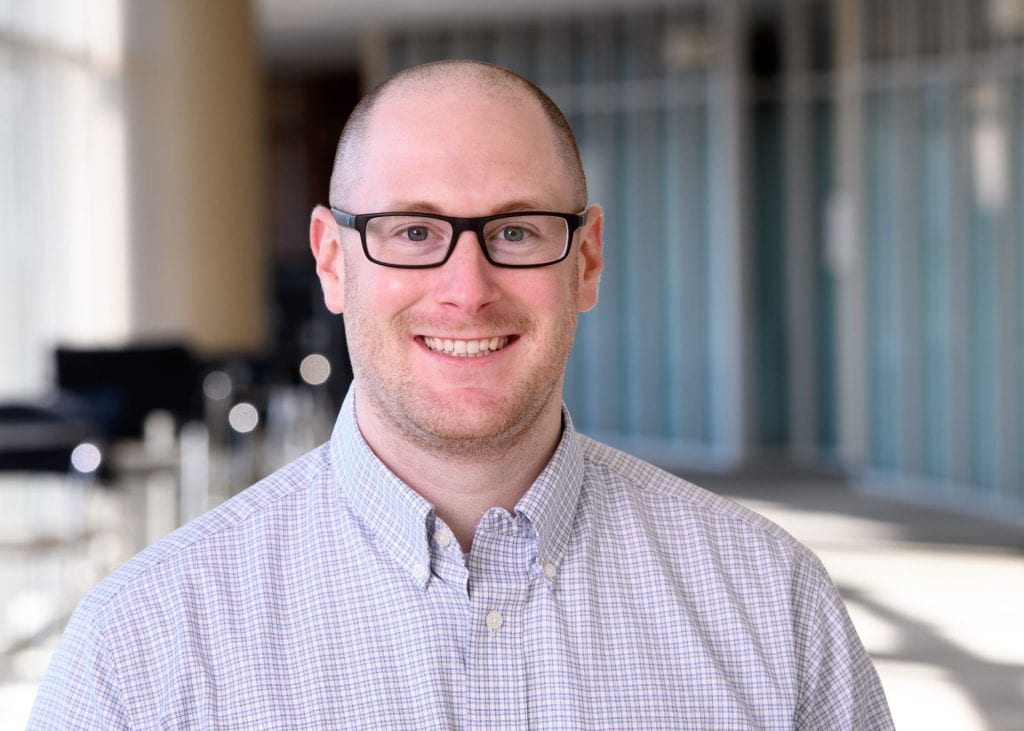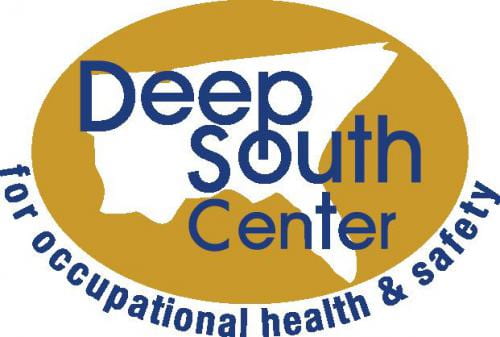This webinar is presented by the Alabama Regional Center for Infection Prevention and Control Training and Technical Assistance. Political partisanship is an important predictor of COVID-19 vaccination status. Throughout the COVID-19 pandemic, Republicans were less likely to report being vaccinated than Democrats. This webinar will discuss the results from research testing the hypothesis that partisan differences in intention to receive a COVID-19 vaccine can be explained by a commonly used theory of behavioral health intentions, Protection Motivation Theory. This webinar is co-sponsored by the Alabama Regional Center for Infection Prevention and Control and the Region IV Public Health Training Center.

Associate Professor @UAB School of Public Health

Assistant Professor @UAB School of Public Health

Third-year doctoral student in Health Behavior @UAB School of Public Health













